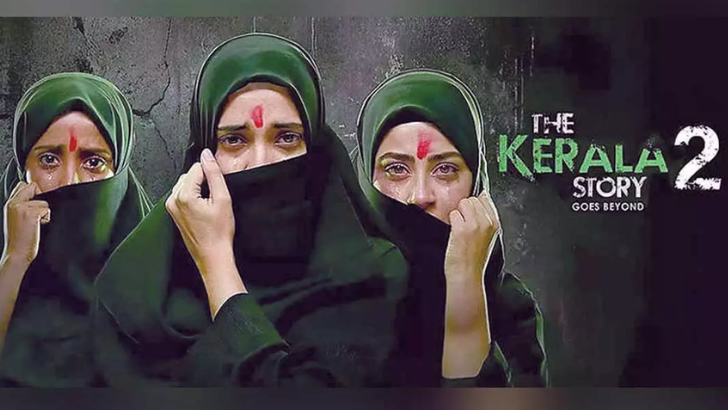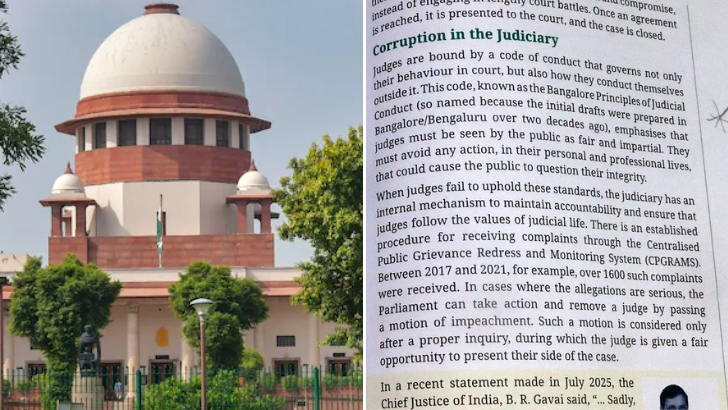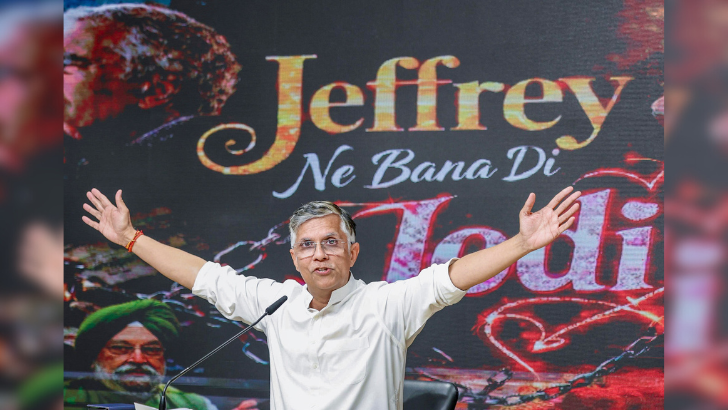INDIA alliance, forged together by their common dislike for the BJP and its ideology, was leading in about 230 seats.
On its own, the Bharatiya Janata Party appeared to be falling below the majority mark with leads in 236 seats despite significant gains in Odisha, Telangana and Kerala, giving some solace to the party after the unexpected losses in the Hindi belt
PTI
New Delhi, 4 June
Early trends from counting of votes on Tuesday threw up disappointing results for the BJP-led NDA in the Lok Sabha elections, which appears to be losing heavily in its strongholds of Uttar Pradesh, Haryana and Rajasthan although it is expected to form the government with about 290 seats.
On its own, the Bharatiya Janata Party appeared to be falling below the majority mark with leads in 236 seats despite significant gains in Odisha, Telangana and Kerala, giving some solace to the party after the unexpected losses in the Hindi belt.
Its rival INDIA alliance, forged together by their common dislike for the BJP and its ideology, was leading in about 230 seats. In the last elections, the BJP had 303 seats on its own, while the NDA had over 350.
The final numbers are also likely to be far short of the "400-paar" predictions by Prime Minister Narendra Modi, and "370-paar" for BJP. The exit poll results, which had given a thumping majority for the NDA, were completely junked by the results.
If this trend holds, the BJP will have to depend considerably on its allies like the Telugu Desam Party, Janata Dal (United) and Eknath Shinde's Shiv Sena to maintain a majority in the Lok Sabha. "It looks like not only a political defeat but a moral defeat for the prime minister," said Congress party spokesman and senior leader Jairam Ramesh.
The BJP, however, expressed confidence that the ruling NDA will get a massive majority to retain power for a third straight term. Its national general secretary Arun Singh said, "It is not a close contest. The BJP-led NDA is going to form its government with a massive majority. Let the counting finish, it will be clear. People of the country are with Modi."
The Congress party was leading in 99 seats as against 52 it had won in 2019. However, the bigger surprise was the performance of its ally Samajwadi Party, which was leading in 34 seats in Uttar Pradesh. In the last elections it had won only five seats.
The alliance of the SP and Congress turned the tables on the BJP in its strongest bastion by ensuring a consolidation of anti-BJP votes, limiting the party to leads in only 35 seats as against 62 it had won last time. Together, the SP-Congress alliance was ahead in 42 seats.
Rahul Gandhi was leading from Rae Bareli with 1.24 lakh votes, while Union minister Smriti Irani of the BJP was trailing in Amethi by about 32,000 votes. Modi was leading by over 60,000 votes in Varanasi. SP leader Akhilesh Yadav was leading by 52,000 votes in Kannauj.
It appears that the election marked a return to regular politics, where voters were more concerned about bread and butter issues, especially in the Hindi heartland states where the opposition INDIA alliance managed to rally supporters around the issues of unemployment and price rise.
In Rajasthan, BJP was ahead only in
13 seats, against all 25 its alliance won last time. The INDIA alliance was
ahead in 12 sets.
Haryana also threw up a shock
result for the BJP, where the party was leading only in four seats as against a
clean sweep of all 10 seats.
Not unexpectedly, the BJP and its
alliance with the broken parts of Shiv Sena and Nationalist Congress Party
didn't fare well in Maharashtra. Out of the 48 seats in the state, the BJP
alliance was leading in only 18 seats, as against 41 it had won in 2019.
However, a silver lining was provided by Union ministers Nitin Gadkari and
Piyush Goyal who appeared on course to easy victories in Nagpur and Mumbai
North respectively.
In Odisha, however, the BJP was
doing spectacularly well, with leads in 17 out of 21 seats, while the ruling
Biju Janata Dal was down to just three seats. It was also ahead in the Odisha
assembly elections, leading in 76 out of 146 seats, a spectacular show in the
state it had never succeeded in capturing because of the enduring popularity of
Chief Minister Naveen Patnaik.
In neighbouring Bihar, Nitish
Kumar's JD(U) was doing better than expected with leads in 14 seats, while BJP
and its ally LJP (Ram Vilas) were leading in 11 and five seats respectively.
INDIA alliance was leading in eight seats.
West Bengal also defied predictions by giving leads in 31 seats for Mamata Banerjee's All India Trinamool Congress party, dashing BJP's hopes of improving on its 2019 tally of 18 seats. The party was leading in only 10 seats while Congress was ahead in one.
In Andhra Pradesh, where Assembly elections were held simultaneously, BJP ally Chandrababu Naidu's TDP appeared set to form the government, replacing the YSR Congress Party of Jagan Mohan Reddy. In the state's 25 Lok Sabha seats, TDP was ahead in 16 while its allies BJP was leading in three and Jan Sena party in two.
BJP also was doing well in Telangana, where it was leading in eight out of 17 seats. Karnataka, however, was not pleasant news for BJP with its tally coming down to 16 from 25 out of 28.
Leave a Reply
Your email address will not be published. Required fields are marked *









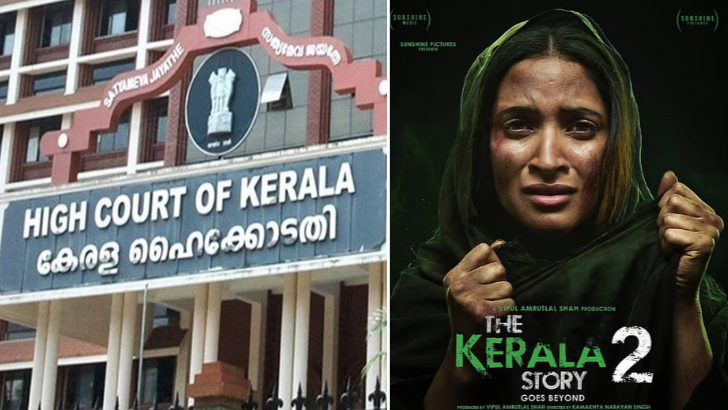
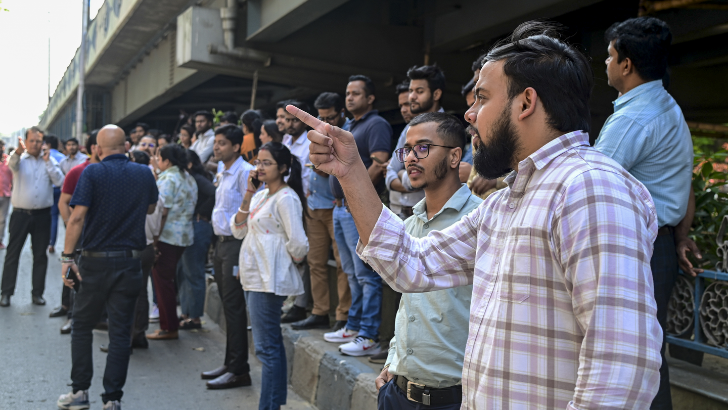
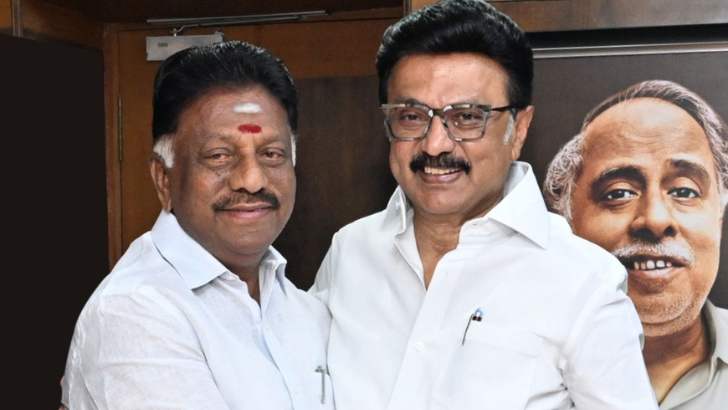
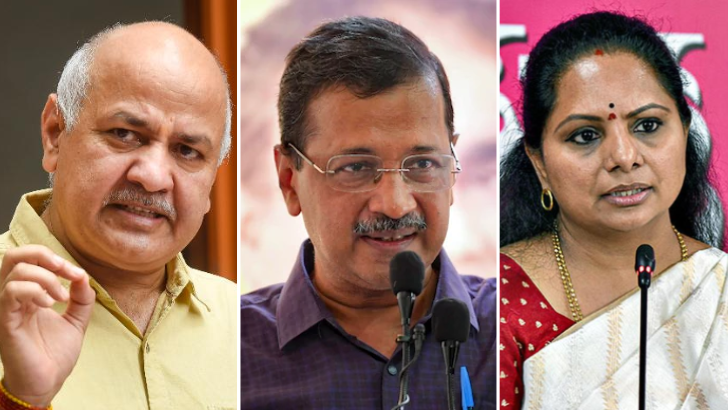
.png)
